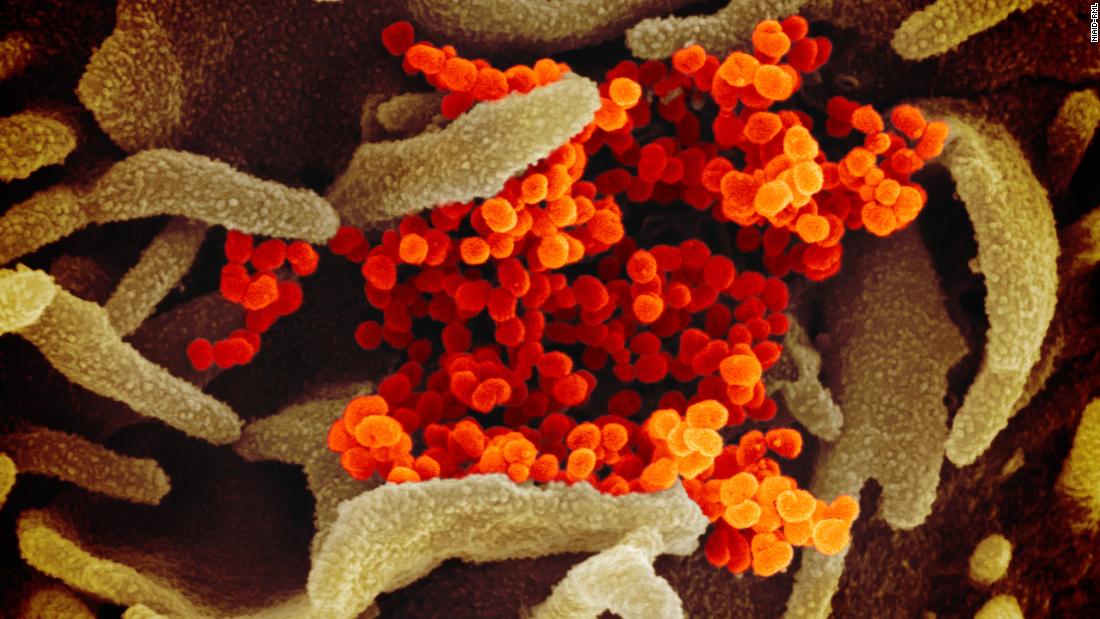 More than half of rural Americans have received a Covid-19 vaccine or plan to, but hesitancy remains high, analysis finds More than half of rural residents in the United States have received a Covid-19 vaccine or plan to, but one in five still say they will definitely not get vaccinated, according to analysis released by the Kaiser Family Foundation (KFF) Friday. CNN
More than half of rural Americans have received a Covid-19 vaccine or plan to, but hesitancy remains high, analysis finds More than half of rural residents in the United States have received a Covid-19 vaccine or plan to, but one in five still say they will definitely not get vaccinated, according to analysis released by the Kaiser Family Foundation (KFF) Friday. CNN More than half of rural residents in the United States have received a Covid-19 vaccine or plan to, but one in five still say they will definitely not get vaccinated, according to analysis released by the Kaiser Family Foundation (KFF) Friday.
KFF researchers surveyed 1,001 adults living in rural America and found that 54% said they have received a Covid-19 vaccine or plan to.
One in five rural residents said they definitely won’t get vaccinated. About 73% of these respondents lean Republican and 41% identify as White Evangelical Christians.
“There’s nothing inherently unique about living in a rural area that makes people balk at getting vaccinated,” KFF President and CEO Drew Altman said in a statement. “It’s just that rural areas have a larger share of people in the most vaccine-resistant groups: Republicans and White Evangelical Christians.”
The report suggests that access to vaccines is not the major problem for rural communities. About 11% of the rural residents surveyed who have yet to receive a vaccine said they have tried to get an appointment, compared to 21% of those in urban areas and 22% in suburban areas. About 68% of rural residents said there are enough vaccine sites in their area, compared to 52% of urban and 55% of suburban residents.
The KFF team did note a gap in access among Black rural residents. Black respondents were less likely than their White or Hispanic counterparts to report adequate supply of vaccine or vaccine sites in their communities.
While the KFF researchers say there was no message that was effective across the board at swaying those who say they will definitely not get vaccinated, those who plan to “wait and see” whether they want to get the shot appear to be more open to messaging and education.
About 64% said that hearing the vaccines are 100% effective at preventing hospitalization and death would make them more likely to get vaccinated. Over half said that hearing that scientists have been working on this vaccine technology for 20 years would make them more likely to get vaccinated.
The researchers expressed concern that the large number of rural residents who say they are set on not getting vaccinated could mean that eventually rural communities will lag behind the rest of the population in vaccination coverage.
##

